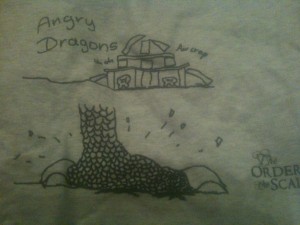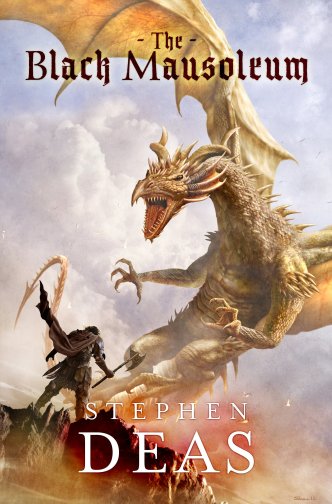A thing I’ve noticed these days, ever since The Thief-Taker’s Apprentice came out, is that whenever I go to a convention and offer myself up for panel work, I get asked to talk about YA in some form or another. I don’t mind this at all. I’d probably be better at speaking about dragons, about which I know somewhat more, but hey ho – there are certain aspects of YA I know a little bit about. I know a little bit about who reads it (or who buys it) and I know what I do differently for a YA book as opposed to an adult book and why, and what my editor asks me to differently and why. I suppose that might be interesting to anyone trying to get a handle on what makes YA different to not-YA, but then you might figure that out for yourself by just reading lots – and most genre readers who go to conventions and show up to panels have almost certainly read more recent genre fiction than any authors on those panels (this is a generalisation, but I suspect largely true).
Anyway, Twilight, because it comes up at every panel on the subject. I have no views of any real interest on Twilight other than I wish it would go away from YA panels. I know that’s hard, what with it being a massively massively successful YA series that probably single-handedly accounts for a significant percentage of YA sales (now that Harry Potter is gone), but it gets in the way. And actually it’s quite interesting, since the genre elements are clearly (to me) pertinent to the success of the series. But it gets in the way, partly because if you avoid it, it becomes the elephant in the room, and partly because everyone seems to hate it (although sales figures tend to suggest otherwise). I haven’t read it, so I don’t get to hate it, but I think the panel at Alt-Fiction spent about twenty minutes dissing Twilight (and by panel, I mean the entire room, not the panellists). At Fantasycon, I think it was more in the region five to ten. Which I suspect would have been time better spent either talking about why Twilight is so successful, or simply talking about something else. The trouble is with talking about why it’s so successful is that it’s at odds with what what I think a lot of people want to believe.
Ah hell, let’s do it. I haven’t read it so you’re at liberty to shoot me, but best I can tell, Twilight mostly appeals to women who want to buy into the fantasy of being obsessively desired (the word stalker crops up a lot, but from memory, teenage desire being obsessive is pretty much the norm) by an outsider (so the desire is strong enough to overcome the outsidery-ness and aloofness from normal society, i.e. strong enough to run against his nature and yet still prevail) and powerful (i.e. he can choose anything and he chooses you). And ladies, a lot of you, at least in some part, want this. [1]
There: probably what the panels at Fantasycon, Alt-Fiction and (I think) Eastercon should have said but didn’t. And then maybe we could have moved on.
[1] If this offends you, please accept it is meant as a generalisation, and is certainly not meant to imply that everyone thinks the same way about this. If you’re still offended, well then maybe you should be. Modern society: telling women to measure their worth by how much men want them.

